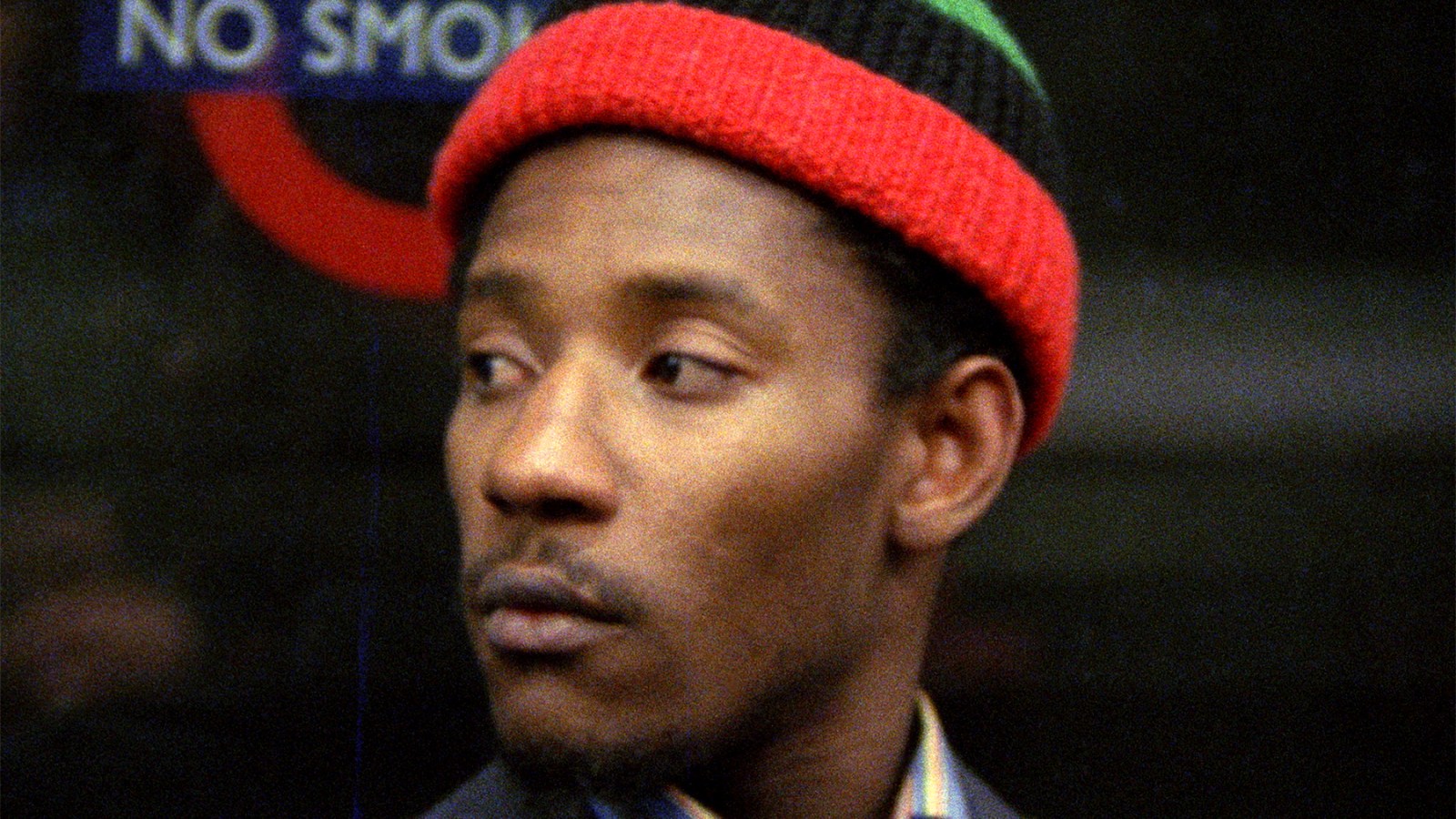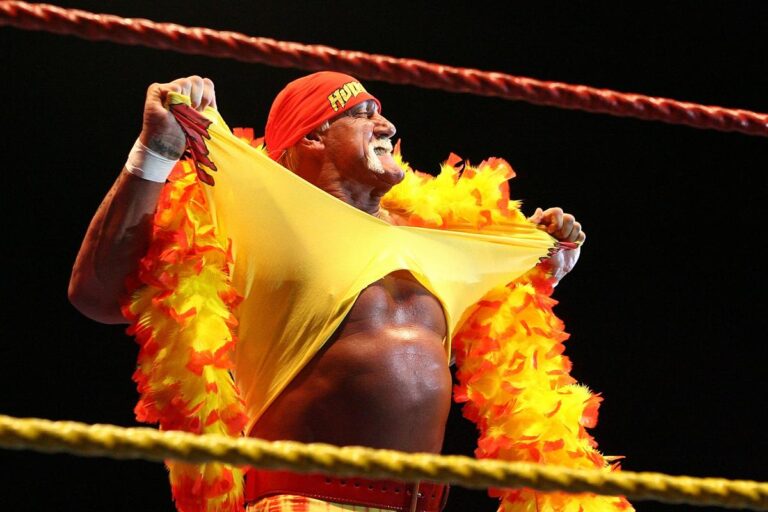The roots of hip-hop run deep, and among the deepest branches remains Linton Kwesi Johnson, the Jamaican-born, British-raised poet, writer, and performer often hailed as the father of dub poetry. On his groundbreaking dub records of the Seventies and Eighties, Johnson, talk-singing in Jamaican patois, channeled the racism he encountered growing up in England into searing takedowns of the system and the alienation felt by Black British youth. In the last few decades, Johnson has spent more time as a writer and activist, but this fall, he’ll return to the stage for the first time in almost two decades, in conjunction with the restoration of a rarely seen documentary on his life.
First released in 1979, Dread Beat an Blood, directed by Italian filmmaker Franco Rosso, followed Johnson into the recording studio and onto the streets of Brixton. For added context, his spoken-word performances were juxtaposed alongside footage of a clash between police and Caribbean youth at the 1976 Notting Hill Carnival. Although it was shown in the U.S. in the early Eighties, Dread Beat an Blood has rarely been seen in theaters since. But on Sept. 20, a restored print of the film will receive its North American premiere at the Brooklyn Academy of Music, after which Johnson will perform in what’s called his first theater show in almost 20 years.
As a Jamaican immigrant in Britain in the Sixties and Seventies, Johnson dealt with the racial oppression around him by joining the Youth League of the British Black Panthers. During his days as a sociology student, he began writing poetry, eventually enlisting a drumming collective to accompany him. Johnson also took inspiration from DJs who spoke over reggae rhythms; the term “dub poetry” started with him and helped pave the way for the art of hip-hop.
Dread Beat an Blood took its title from a 1975 poem by Johnson and also an album he and reggae musician and producer Dennis Bovell made in 1979, credited at the time to Poet and the Roots. On that and subsequent albums like Forces of Victory, Bass Culture, and Making History, Johnson, who was already a published poet, established himself as an especially militant chronicler of the alienation of Black British youth. As he sang-talked in “Sonny’s Lettah (Anti-Sus Poem)” from Forces of Victory: “Jim start to wriggle/The police start to giggle/Mama, make I tell you what dem do to Jim/Dem thump him in him belly, an’ it turn to jelly.”
As Johnson told the Guardian in 2020, “I was trying to find a bridge between standard English and spoken Jamaican. A lot of poetry of the time sounded like Caribbeans trying to sound American, a bit like those Mick Jagger songs where he’s trying to sing like he’s from the deep South. For me, what was important was authenticity of voice. I didn’t want to emulate anyone else. I wanted it to sound like me.”
That reputation for incendiary politics impacted on Rosso’s film. Initially funded by the British Arts council, Dread Beat an Blood ran into controversy as soon as it was finished: The film was considered so provocative that the BBC canceled a scheduled broadcast of it. Nonetheless, Johnson’s music career briefly blossomed, as he opened for Public Image Ltd. and Ian Dury and the Blockheads.
After briefly retiring from performing in the mid-Eighties, Johnson returned to making records in the early Nineties and has since continued his life as a noted writer and activist. His 2002 poetry anthology, Mi Revalueshanary Fren: Selected Poems, made him the only Black poet to be part of Penguin Books’ Modern Classics series at the time. His most recent book, Time Come: Selected Prose, was published in 2023.
Asked about the power of poetry to combat injustice in 2022, Johnson said, “It is not a substitute for concrete political action and going on the picket line. I’ve been a political activist since my late teens, from the Black Panther Movement to the Black Parents Movement, the Race Today Collective, and the New Cross Massacre Action Committee. All our struggles have a cultural dimension, but it’s not a substitute for taking to the streets when you need to make your voice heard.”



